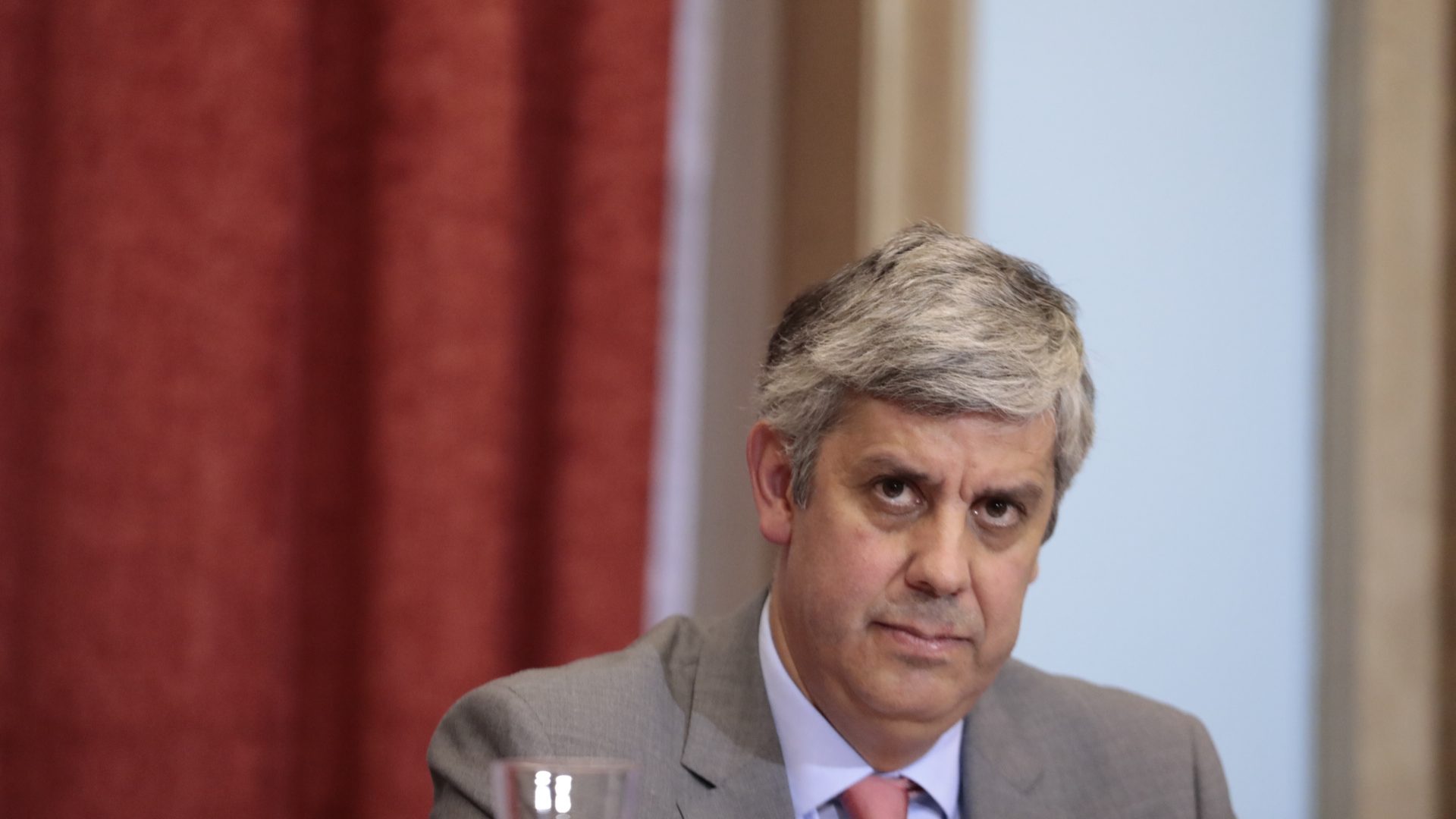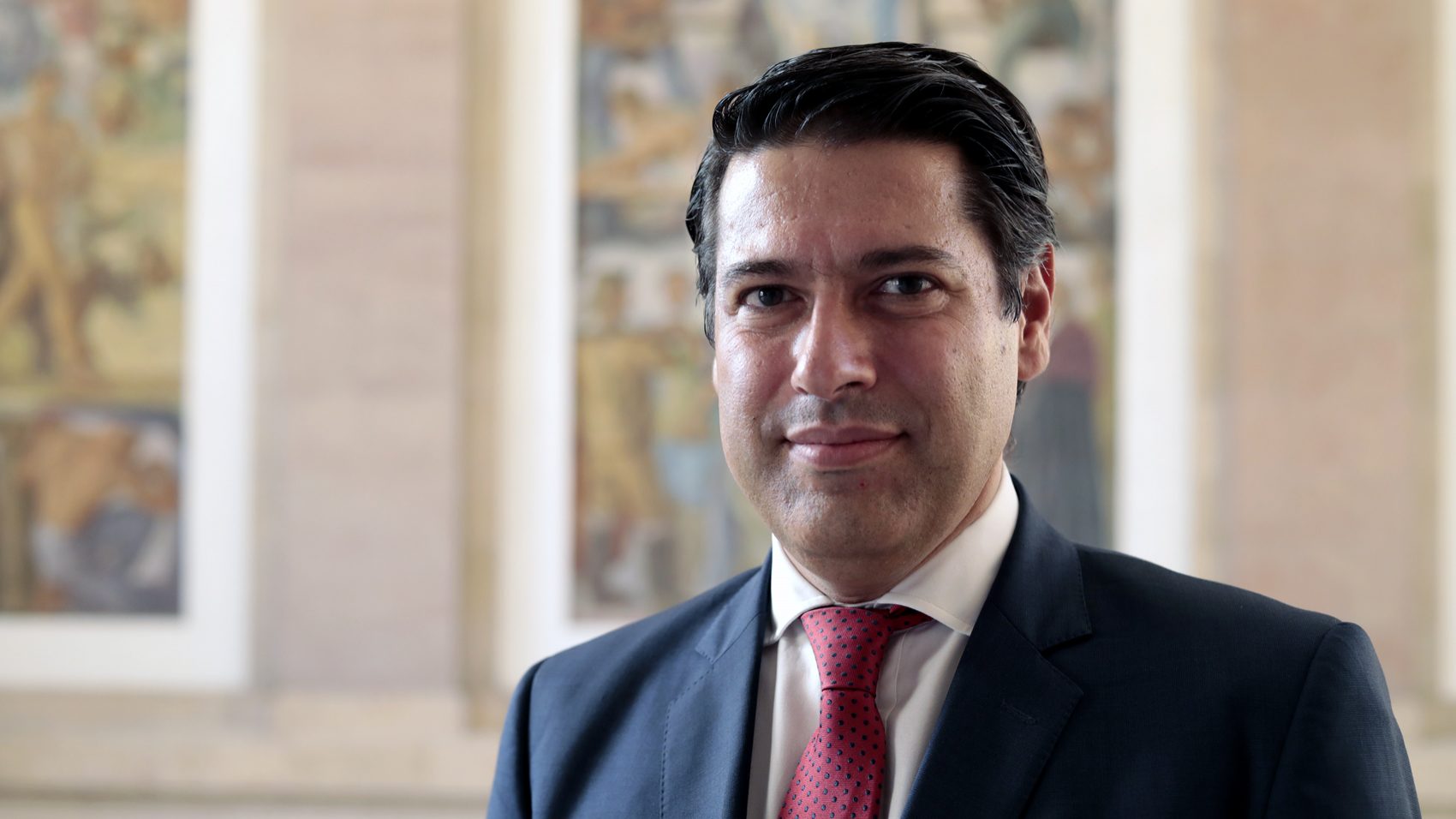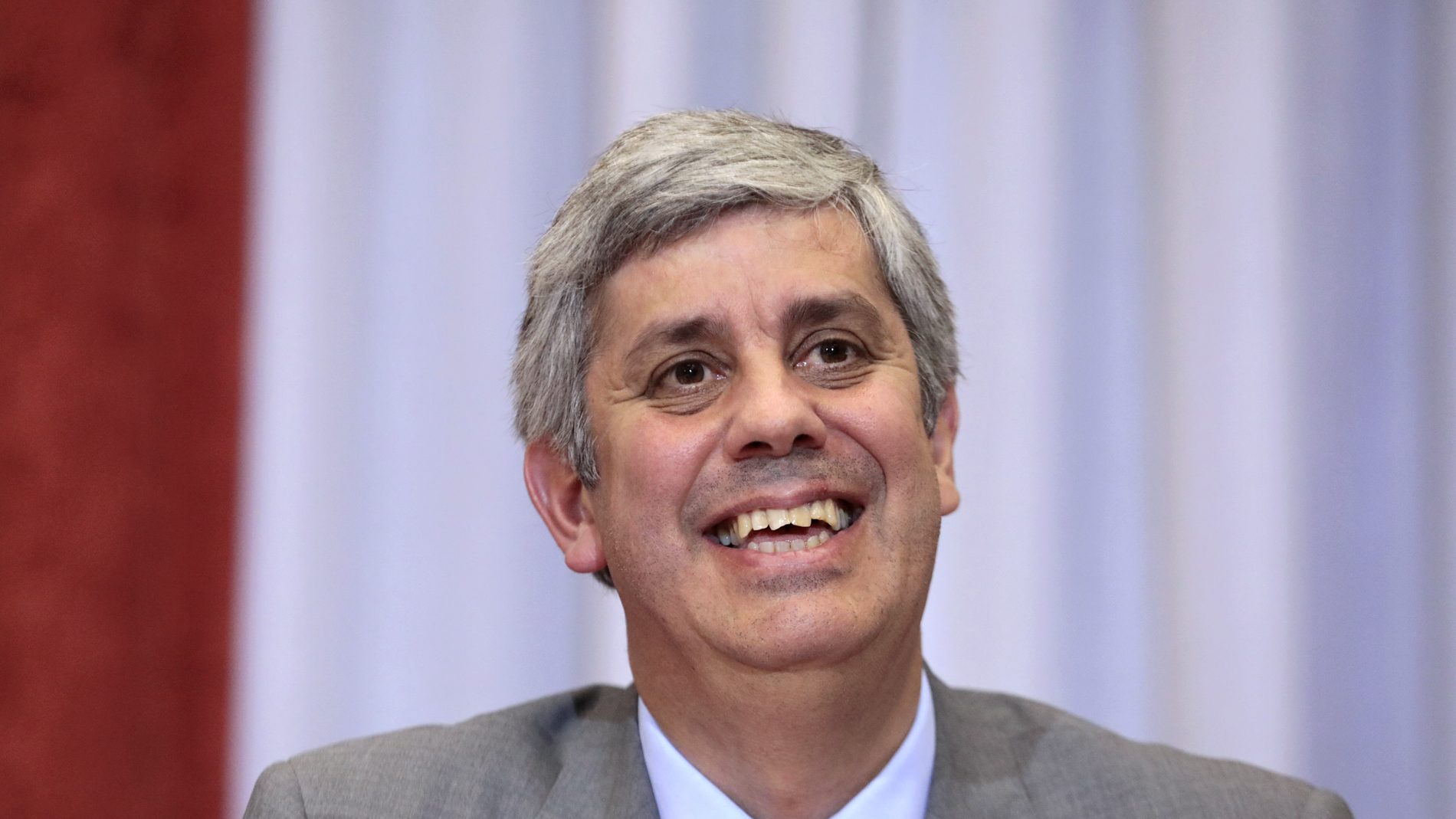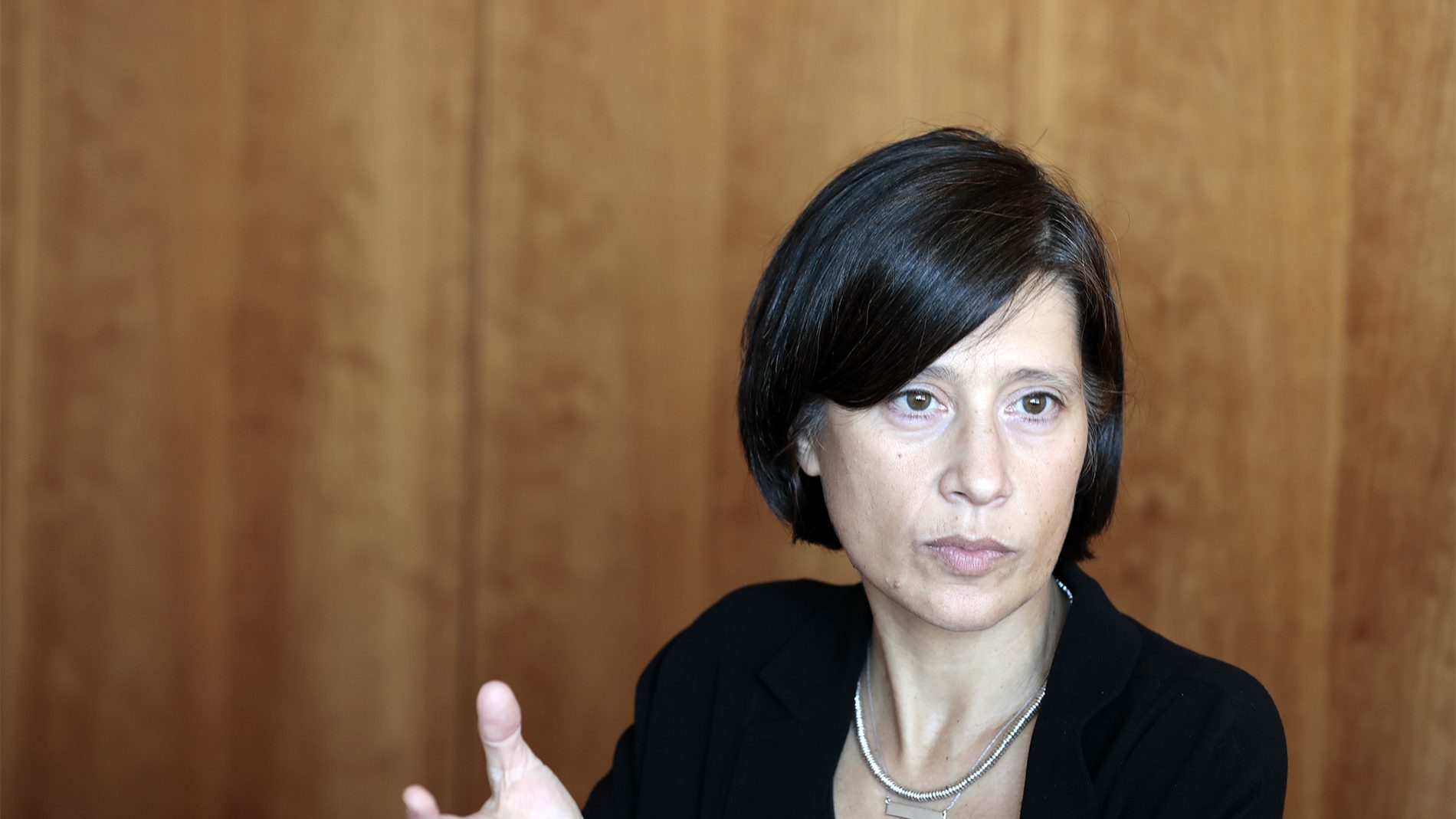IGCP foresees the cost of debt decreasing in 2018. But it will spend more with smaller investors
The agency headed by Cristina Casalinho is informing international investors that a decrease in the cost of Portugal's indebtedness is expected for this year.
Portugal will continue to benefit from quite attractive conditions to finance in markets throughout to 2018, with IGCP foreseeing a new reduction of the cost of public debt to minimums of the decade. Even so, the State will spend more money with Treasury bills due to the costs with prizes it will have to pay this year.
The cost of the entire public indebtedness should decrease to 2.8% this year, falling for the fourth consecutive year, according to the forecasts made by the agency headed by Cristina Casalinho in her presentation to international investors.
Cristina Casalinho sees the cost of debt shrinking this year

Several reasons help explain this fall to the lowest level since, at least, 2010. Right away, official loans are cheaper for public coffers. In fact, this was already highly expected after the Portuguese Government made early reimbursements to the International Monetary Fund (IMF) in 2017, which meant Portugal was able to be freed from the IMF surcharge in the beginning of this year. This meant that the interest rate for the loans that helped Portugal in 2011 should drop to 2.3% this year.
On the other hand, Cristina Casalinho believes Portugal will continue to have some comfort any time it goes to the market to borrow money, anticipating an unbreakable sentiment from investors, in a year where the European Central Bank stimuli are hoped to come to an end.
IGCP foresees the Treasury bonds‘ stock rate falling considerably to 3.5% in the end of this year, 0.4 percentage points below the current average interest. And IGCP also sees Treasury bills‘ rate falling to a negative ground in 2018: -0.3%. This Wednesday’s short-term debt auction reinforces expectations that interests will fall below the water line in 2018.
GDP prizes will increase the costs of certificates
In spite of the good news, IGCP predicts that retail will be more costly to the Portuguese State, with the interest rate rising to 3%. This is because the first Certificados do Tesouro Poupança Mais (Treasury Certificates Savings Plus) issued in October of 2013 now have a larger interest rate (5%) and pay additional prizes according to the GDP performance.
In 2018, when the Government and international institutions are expecting an economic growth above 2%, IGCP may have to pay a prize higher than 1.5%.
For now, after INE revealed that Portugal had a 2.5% growth in the last quarter of last year, the bonuses of the certificates reaching their fourth year of maturity should stand around 2.1%, according to ECO’s calculations.




